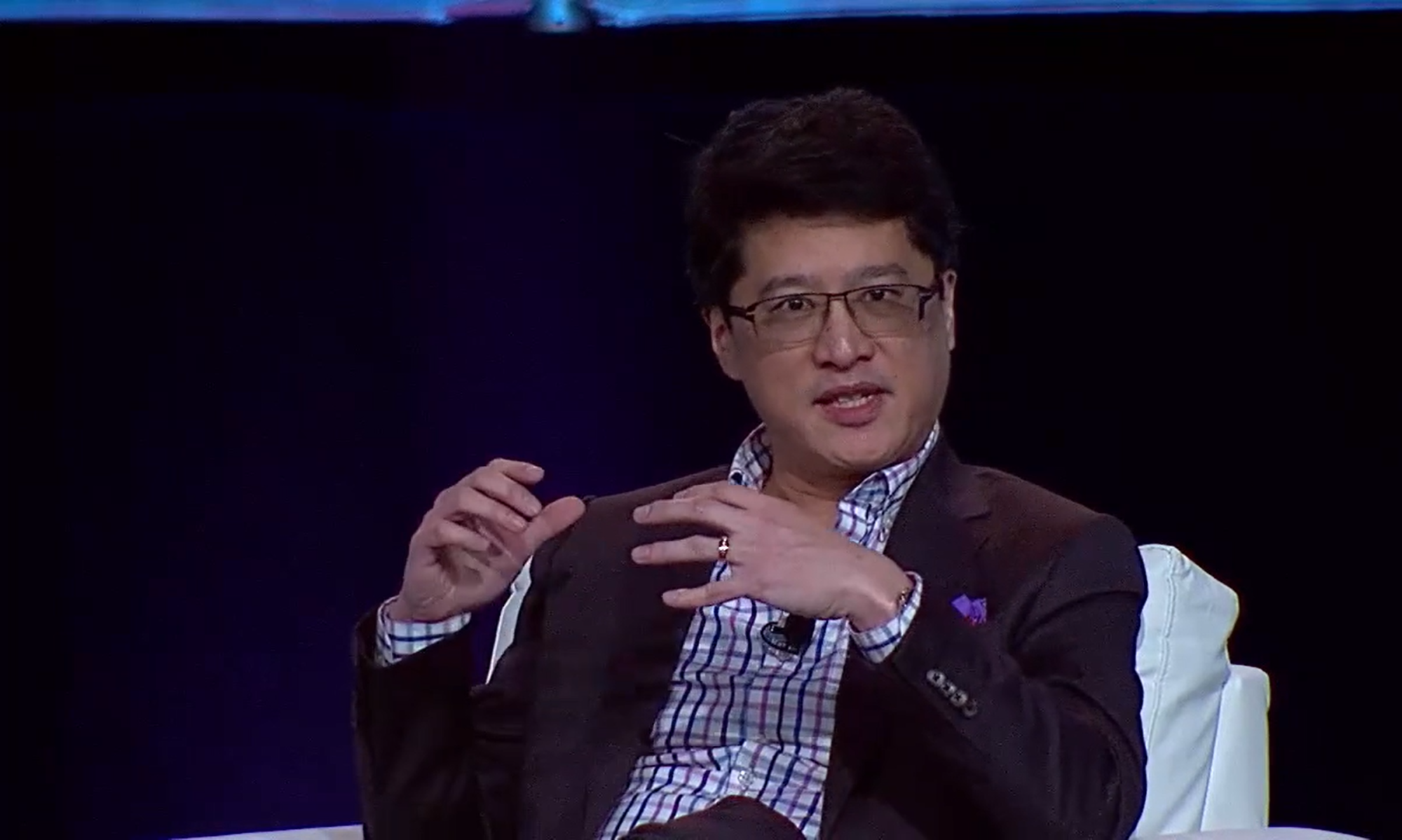Since many of my students aspire to work in consulting after they graduate, the purpose of this post is to round up some examples in the consulting space as related to research methods. This post will be updated from time to time.
- McKinsey article, “Not enough comps for valuation? Try statistical modeling”: https://www.mckinsey.com/business-functions/strategy-and-corporate-finance/our-insights/not-enough-comps-for-valuation-try-statistical-modeling
- McKinsey article, “Knowing when to stop: finding an appropriate sample in design research”: https://www.mckinsey.com/business-functions/mckinsey-design/how-we-help-clients/design-blog/knowing-when-to-stop-finding-an-appropriate-sample-in-design-research
- Forbes article, “How McKinsey Develops New Breakthrough Insight”: https://www.forbes.com/sites/christianstadler/2021/05/13/how-mckinsey-develops-new-breakthrough-insights/?sh=67befe286e66
- MedPage article, “McKinsey Reveals Methods; Critics Not Appeased”: https://www.medpagetoday.com/washington-watch/reform/27190
- US Senate Committee on Finance, “Baucus Calls on McKinsey to Release Methodology Behind Survey Results: Finance Chairman Formally Requests Information on Methods, Conclusions After Silence from Consulting Company”: https://www.finance.senate.gov/chairmans-news/baucus-calls-on-mckinsey-to-release-methodology-behind-survey-results
- BCG, “Ascent to the Cloud: How Six Key APAC Economies Can Lift-off”: https://www.bcg.com/publications/2019/economic-impact-public-cloud-apac/default (especially see Appendix at: https://www.bcg.com/publications/2019/economic-impact-public-cloud-apac/appendix-detailed-methodology
- ZS Associates, “How behavioral science can solve healthcare hurdles as large as vaccine hesitancy”: https://www.zs.com/content/dam/pdfs/ABI-research-executive-summary-wp.pdf
- McKinsey, “An experiment to inform universal basic income”: https://www.mckinsey.com/industries/public-and-social-sector/our-insights/an-experiment-to-inform-universal-basic-income
